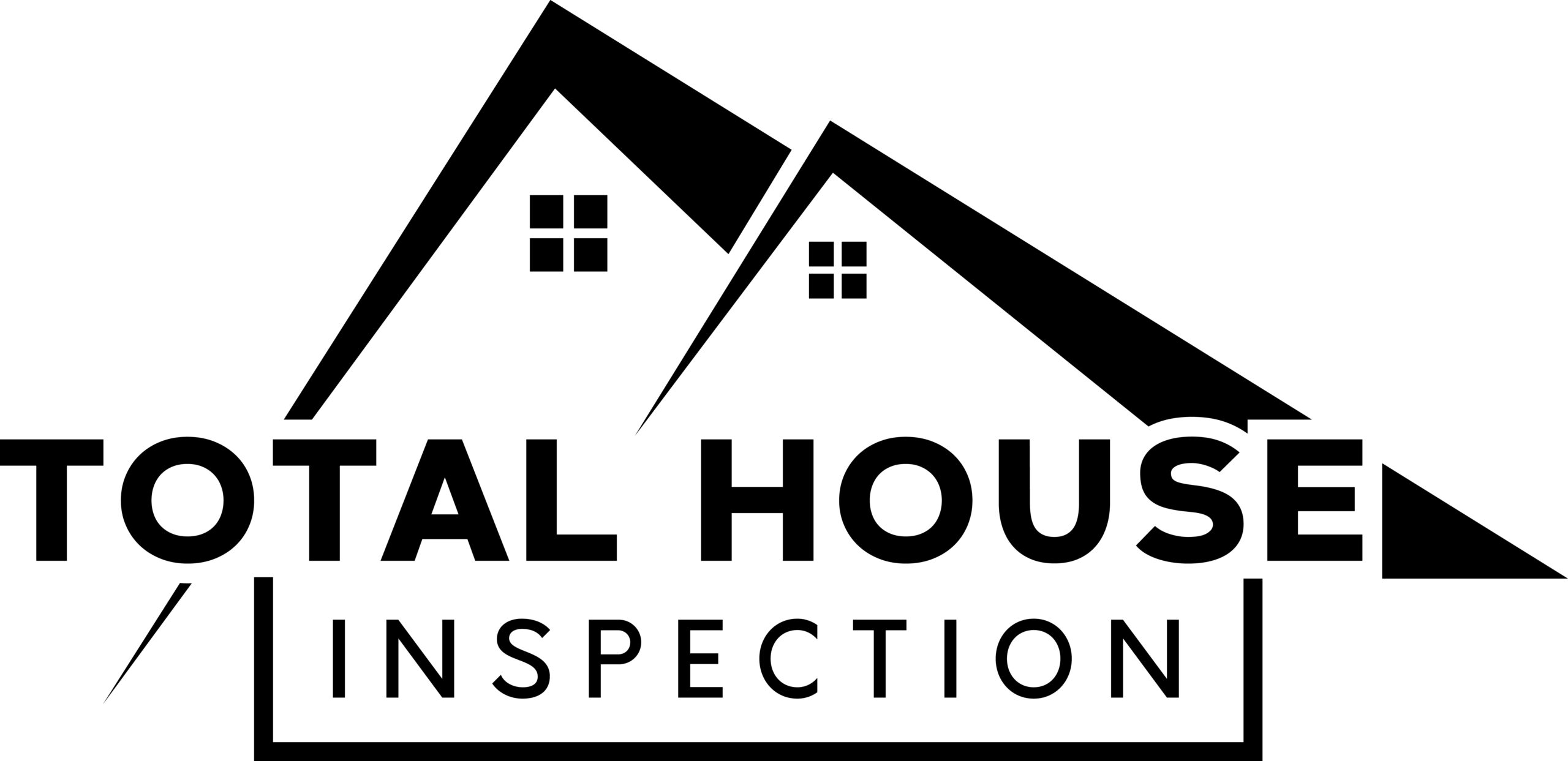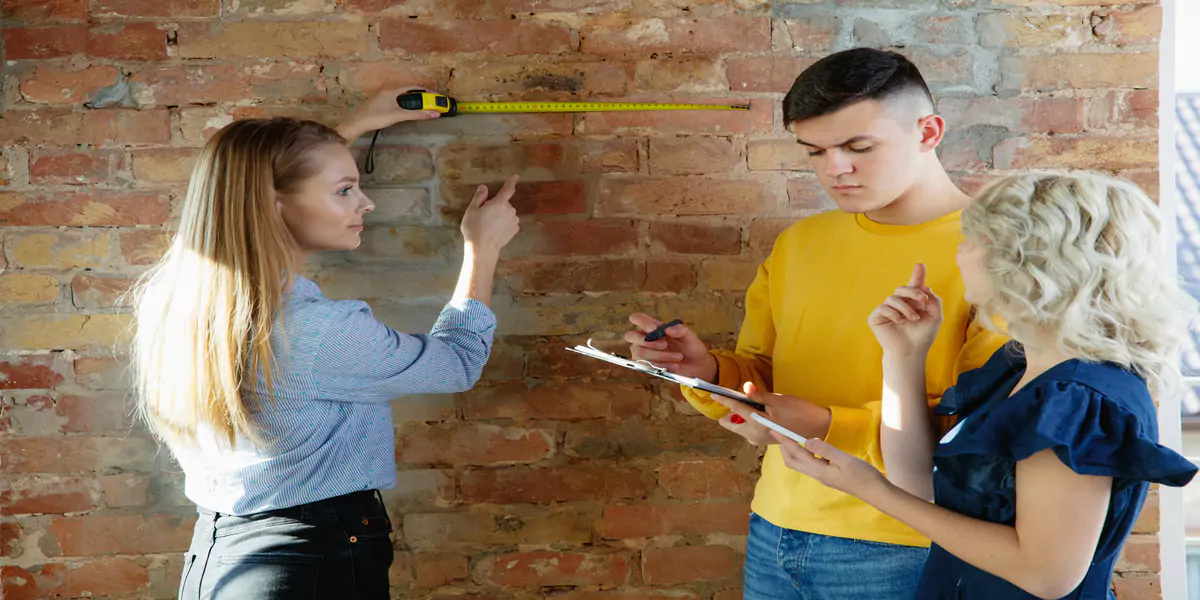We won't be overstating if we call home inspections a…

The Top Things Home Inspectors Look For
Home inspections are one of the most crucial steps in the home-buying process as they help the buyers and sellers acknowledge any significant repairs or safety issues in the house. Real estate clients ask one of the most common questions: “what are the top things a home inspector looks for?” The most straightforward answer is that the best home inspectors in Michigan have one mission: to search for problems within and outside the house that might be awakening and concerning for potential buyers.
This article highlights the top items that inspectors look for during a home inspection to uncover the curiosity linked with this topic.
Things That Home Inspectors Look For
HVAC System
A home inspector assesses the HVAC system. Even a new HVAC system may experience problems; frequently, these problems can have a quick and inexpensive solution, such as cleaning the air filter or fixing clogged ductwork. It is recommended to change filters every season to increase an HVAC system’s efficiency and longevity.
The typical cost of an HVAC technician’s spring and fall tune-ups is between $70 and $200. This will keep your system operating efficiently. Consult an HVAC company about repairs if you experience temperature swings or higher energy bills.
Plumbing System
Next, an inspector inspects plumbing systems. The toilets, bathtubs, showers, sinks, waterlines, pipelines, and any other places of the house where water flows through are all examined by a home inspector. All toilets will have their flappers, filling systems, and levels tested to ensure they function correctly. They will also provide adequate anti-freeze protection and examine the hydrants and pipelines outside your house for leaks. Finally, they will inspect the water heaters’ temperatures, pipes, and pressure relief levels.
Electrical System
Since the electrical system is the third most common reason for house fires, and safety is the inspector’s top priority, they cater to careful inspection. The inspector searches for corroded wires and the proper amperage ratings and inspects the electrical panel to ensure that the wiring and grounding are up to code. Aluminum wire-painted outlets, reversed polarity, exposed wiring, and GFCI protection deficiency are examples of common electrical problems.
Attic, Roof, and Insulation
A professional inspector can tell if a roof was built sloppily by an amateur or by a professional. He checks to see if your roof is solidly built, doesn’t exhibit aging or degeneration, and will keep you protected from the weather. Additionally, an inspector will ensure that any openings, such as chimneys or skylights, are properly sealed, flashed, and free of garbage and moss. An inspector will typically estimate the number of good years the roof has remaining before you consider replacing it as part of their inspection report.
Along with the attic and crawlspace area, inspectors also look at the visible insulation, ventilation, and exhaust systems in the kitchen, bathroom, and laundry room. Attic ventilation and insulation issues raise utility costs and reduce comfort.
A leaking tap may be a simple fix, but a leaking roof might invoke more severe problems. If you are worried about the integrity of your roof, find a roofing inspector to investigate your roof and get it fixed.
Foundation and Structure Issues
Foundations and structure issues are of significant concern for home inspectors. Inspectors search for slope issues, foundational fissures, and settlement issues. Water in the soil around your home could cause foundation issues and enter the building, which could encourage termites, mold, and deterioration.
Home inspections in Michigan are performed on crawl spaces and basements to look for moisture, pest activity, and problems with the insulation, construction, and foundation. In addition to the foundation, home inspectors also check the walls, floors, and roof framing, paying close attention to any signs of water or insect damage, given that wood framing is frequently utilized.
Pest Infestations and Insects
Inspectors look for pest infestations and insects that can financially threaten you. Carpenter ants and termites are two examples of wood-destroying insects that can seriously harm your home’s structure. Carpenter ants prefer moist and rotting wood, entering through gaps around doors and windows. Mud tubes, lost wings, and hollow-sounding wood are telltale signs of termite activity. Costs for termite control and repairs range between $200 and $1000.
When Does the Home Inspection Take Place?
A home inspection frequently comes into consideration at two different times. If you are a buyer, you will probably ask for a house inspection after accepting your offer. You can lower the asking price for the house if some significant structural flaws or items need to be fixed, taking into account the cost of fixing those problems.
Alternatively, ask the seller to handle all repairs so the home is ready to move into when you buy it. But remember that if you leave the repairs to the seller, they can choose the least expensive solution, which could be better.
Secondly, you should get your home inspected if you’re a seller. By doing this, you will be able to identify any required repairs before showing your house to potential purchasers. An inspection might help you avoid prolonged negotiations with a potential buyer about repairs.
Regular home inspections are a way to ensure that you dont face surprises and breakdowns that drain your pockets because of costly repairs. Total House Inspection is at your service, providing one of the best home inspection services. We work with professional inspectors who inspect every nook and cranny of your house, ensuring you know what you are about to buy or sell.



